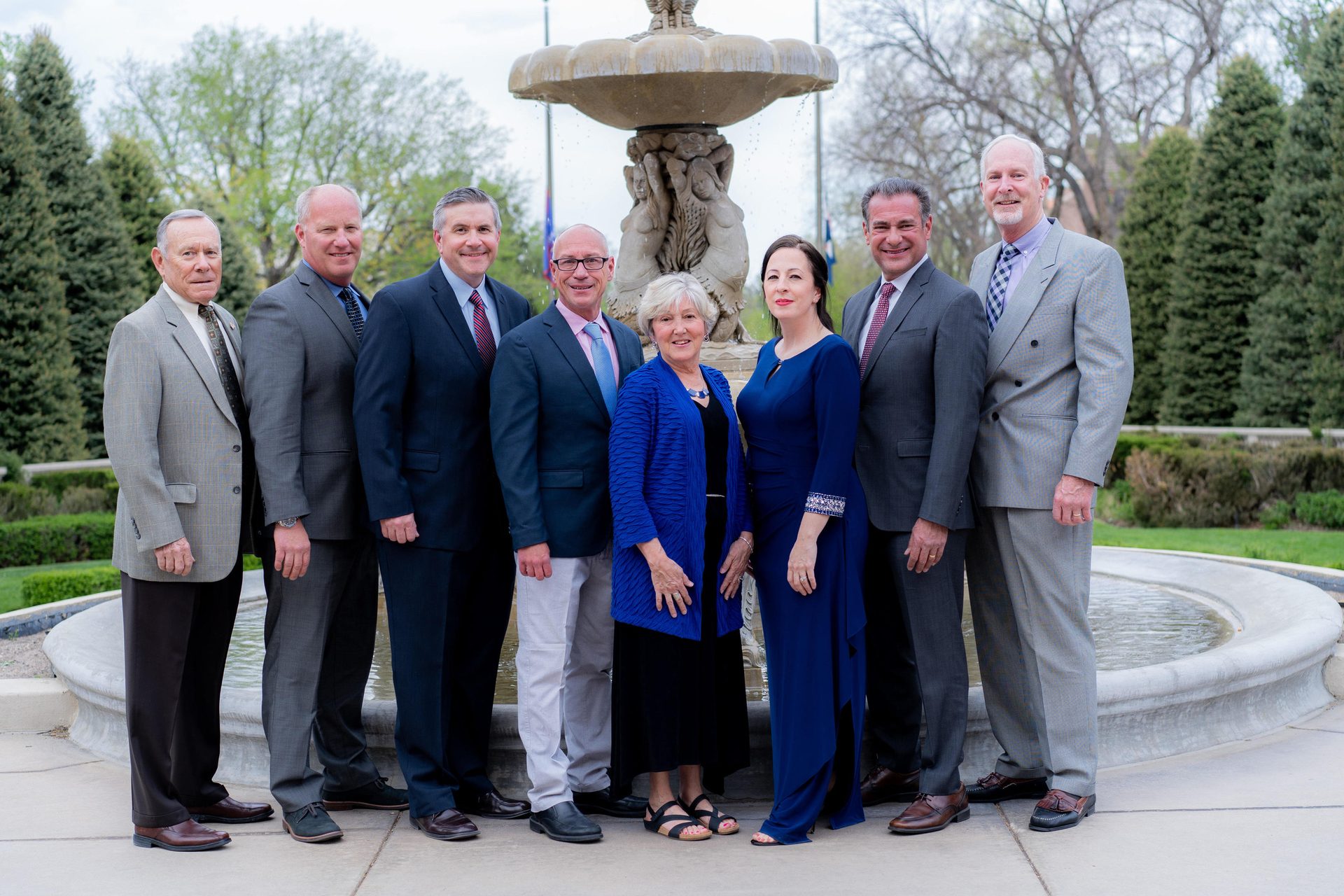FLOORING PROS
What’s Next for Starnet
By Tanja Kern
“We feel like we can be a rally point for the industry to get the productivity up,” said Starnet President and CEO Mark Bischoff. Photos by Silk + Sage Films.
Starnet celebrated its 30th anniversary in Colorado Springs, Colorado, offering commercial flooring contractors, manufacturing partners, service providers and industry partners the chance to reconnect and plan in person. President and CEO Mark Bischoff met with Floor Trends to give some insight on the organization, which currently has 180 members in 390 locations accounting for $4 billion annual sales.
Floor Trends: Congratulations on celebrating 30 years. You’ve achieved a lot of growth—how does the group manage it?
Bischoff: It’s a member-driven organization, so they have high expectations for each other. They're very competitive, and their membership committee selects and evaluates the members to join the organization. They’ve put them through a process, and they get references from our vendor partners as well as local area members. There's an interview, and that's part of that quality check-in. It's not easy to join Starnet—you already have to be significant in the marketplace, but beyond that, you have to have good credentials. And that feeds through to everything that they do. So, our members have set the standard for what quality means and their commitment to the industry. And they're great entrepreneurs.
Another change in the membership: more and more members are multi-location companies, and that was not true a decade ago. It used to be very difficult to scale a flooring contracting company through the years. Some people have done it well, and some people have struggled through it. There are lots of models that they can follow to do multi-location service business in the construction industry. Many of our member's customers ask them to open in new markets, and it's a significant part of the membership now that manages multiple locations.



Floor Trends: Tell me more about the floor care business.
Bischoff: We are picking up floor care members. We have good coverage across North America. The floor care members did very well early on in the pandemic because of disinfection, and their maintenance business suffered because no one was in these buildings. They're very busy now. Even beyond floor care, some of them are adding janitorial divisions to supplement the floor care business, and they love the floor care business because it provides constant contact to their end user customers.
Floor Trends: How do you handle territories if a member wants to expand?
Bischoff: That's a new challenge as well; the organization used to be very territorial. We’ve transitioned to—and this is a play on words—but a more cooperative model. Our obligation to the vendor partners is to make sure that we provide service in every market and market segment. Our members may choose not to serve certain market segments. For example, some members may not have had good experiences or just choose not to do K-12 schools. Our obligation to the vendor is to have a member in that market that will do K-12 schools. So, that's our value proposition in the manufacturer, and our members understand that's part of our mission and vision. And although they don't love it when new locations pop up, it's part of our obligation and they understand.
We want to be indispensable. We'll always take high-quality contractors that the members approve. The challenge for us is the standards that they have to meet—there are fewer and fewer companies at that level. You already have to be significant in the market to join Starnet. We've done a good job of recruiting companies.
Floor Trends: What are you seeing in terms of succession planning?
Bischoff: That’s another change. The board went through a process of updating our member standards. The old challenge with succession—the business was too attached to the proprietor. We still have those great stories about families transferring the business to the children or somewhere in the family. In addition, we have employees now successfully taking over businesses from the prior owner, but there's this new trend on private equity. That impacts a few of our members because private equity is now interested in the service business. The board decided we should take advantage of the trend and make sure that our members have that as a viable path for succession without having to leave Starnet. That was thoroughly discussed, debated, and that's where we landed. We feel like we have a flexible membership model that accommodates lots of different ownership profiles. We even have ESOPs in the organization now.
Floor Trends: Do you have plans to go global?
Bischoff: We had a member in the past in the United Kingdom, but I think in the last recession, they weren't able to survive. We've had some discussions with companies, but our focus is really to make sure that we're maximizing what we have. If a company were to phone from the UK to say , "We're interested", we'll talk to them.
Floor Trends: Big picture, what are some of the projects the group is working on?
Bischoff: It's been a challenge to launch new products. Manufacturers sit in a room, set a budget, make estimates on how many widgets they're going to sell, and it’s going to take two years. We would love for them to come to us and say, “How can you help us shorten this to 12 months, eight months, six months?”
Another rally point is we're trying to get as much technology deployed across the members as possible. That includes tools and equipment. For example, replacing a hand scraper with a machine or using visualizers. We feel like we can be a rally point for the industry to get the productivity up. We see a lot of the manufacturers trying to push the members online, but the member expectation is an amazing experience. A lot of it is not that good yet.

